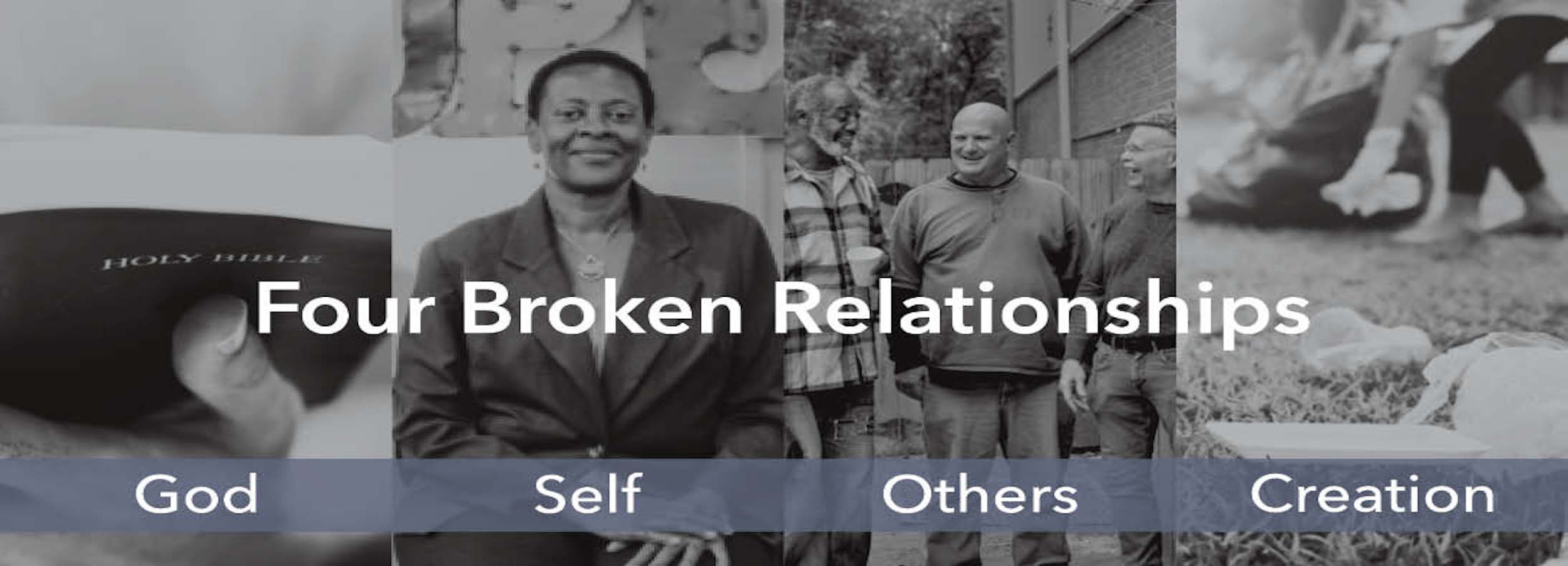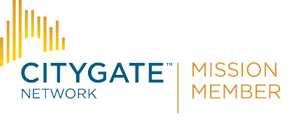
A Closer Look at Poverty
In 1955, the Mission first opened for the purpose of providing overnight shelter and a gospel service for men passing through Shreveport. It quickly became a beacon of hope and help, not only for transient men, but for local homeless, hungry, and hurting citizens as well.
The world looks a lot different than it did in 1955 and since that time, the Mission has only expanded our programs to serve more of our hurting neighbors in the Shreveport-Bossier area. Through our growth and development of our Life Recovery Program, we began to address the deeper root issues that caused our guests’ homelessness and poverty. What we found was a pattern of broken relationships amongst our guests. Our guests suffered from one or more of four broken relationships: a broken relationship with God, a broken relationship with self, a broken relationship with others, and a broken relationship with creation.
For years, our society has defined poverty solely as a lack of material possessions. However, the Bible sees poverty differently. If we look at the Hebrew and Greek translation of the word for poverty, the definition becomes much deeper than a lack of material possessions. In fact, poverty is defined as to disinherit or dispossess something that was intended for you to inherit or possess.
Understanding biblical poverty gives us the tools we need to alleviate it. Poverty is complicated and is very much a spiritual issue, which is why it is so often referenced in the Bible. Many of us have experienced poverty in our lives through one or more of the four broken relationships.
In the U.S., we often look at solving poverty through the traditional method of stepping in to provide a person with what they are lacking. While this method is needed and we must make sure a person’s needs are met, this action alone will not eliminate poverty. We must go deeper to completely free an individual from poverty.
At the Mission, our staff is walking alongside our guests to understand their trauma and troubles. When we fully understand what brought a person to the point of needing to come to the Mission, we can understand exactly how we can help heal these broken relationships. Here is how the Mission is helping to restore these broken relationships and breaking the cycle of poverty.
Relationship with God
“And you must love the Lord your God with all your heart, all your soul, all your mind, and all your strength” Mark 12:30
Many of our guests come to the Mission with a broken relationship with God. This stems from past trauma, hurt from a family member or friend, and many other circumstances. Our first step in the healing process is to reconnect their relationship with God.
This gives our guests the opportunity to develop a relationship with God through Father, Son, and Holy Spirit. Through counseling and case management, they learn about God as their Abba Father and understand that we were created to be in a relationship with God. This time also teaches our guests how to be in prayer with God and how to actively hear from Him.
Relationship with Self
“The second is equally important: ‘Love your neighbor as yourself.’ No other commandment is greater than these.” Mark 12:31
Our next step in breaking the cycle of homelessness and poverty is to change the relationship with one’s self.
During this process, guests learn who they are as a creation of God and what promises are bestowed upon them from God as His creation and who they are when they become a child of God and what promises God has in store for them and their future.
Guests also learn that God has given each of them unique gifts, talents, and abilities. Case Managers walk alongside our guests and help them discover what they are good at. Guests work with their Case Manager to set goals to utilize those gifts to get back on their feet and find their Jeremiah 29:11.
Relationship with Others
“So now I am giving you a new commandment: Love each other. Just as I have loved you, you should love each other.” John 13:34
One of the most common relationships that our guests struggle with is a broken relationship with others. This stems from past trauma and hurts that have been committed unto them by others and trauma and hurts that they have inflicted on others.
During this process, Case Managers and guests work to unravel our guests’ negative and positive viewpoints on how they see their relationships with others. During this time, our guests also begin the process of forgiveness. This includes giving forgiveness to those who have hurt them and seeking forgiveness from those they have hurt.
Relationship with Creation
“Then God blessed them and said,” Be fruitful and multiply. Fill the earth and govern it. Reign over the fish in the sea, the birds in the sky, and all the animals that scurry along the ground.” Genesis 1:28
Mark Twain once said, “The two most important days in your life are the day you were born and the day you find out why.”
At the Mission, we know that God has bestowed each of our guests with their own unique Jeremiah 29:11. Once our guests have reconnected their relationship with God, their relationship with self, and their relationship with others comes the next step of restoring their relationship with creation. This final step in breaking the cycle of poverty allows the guest to discover how they fit into God’s creation, their purpose, and what role they play in our world and society.
This is how the Mission and our community can change our cities one life at a time. There is no quick fix when comes to alleviating the poverty in our cities. Material fixes alone will never solve the issues surrounding poverty. But if we can take the time to walk alongside someone and help them discover who they are in God and their God-given purpose through their Jeremiah 29:11, we can change our cities one life at a time.
To learn more about how the Mission is alleviating poverty in our cities, please visit https://www.sbrescuemission.com/programs/acloserlookatpoverty







